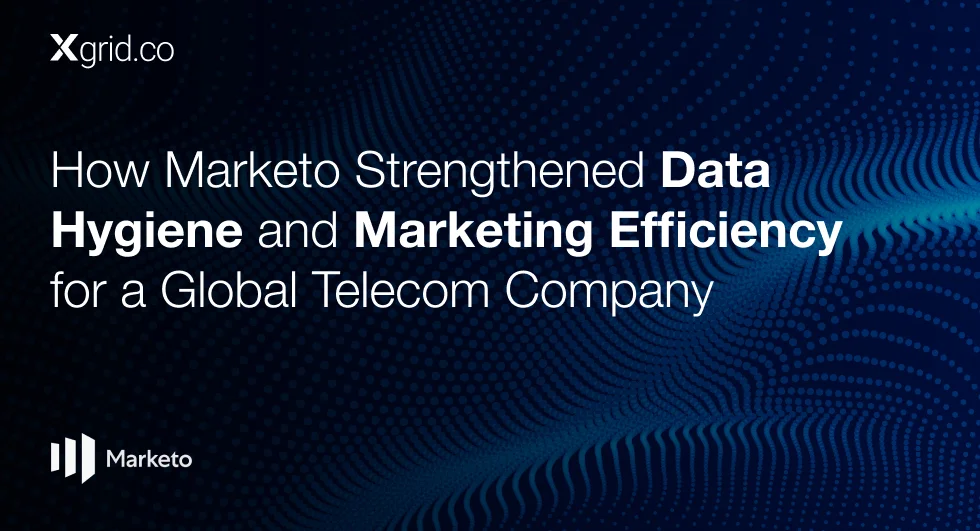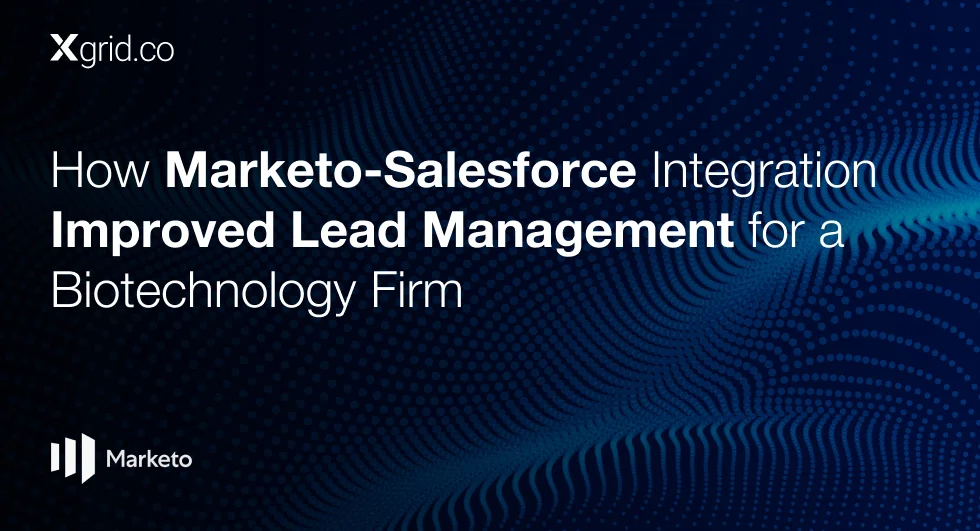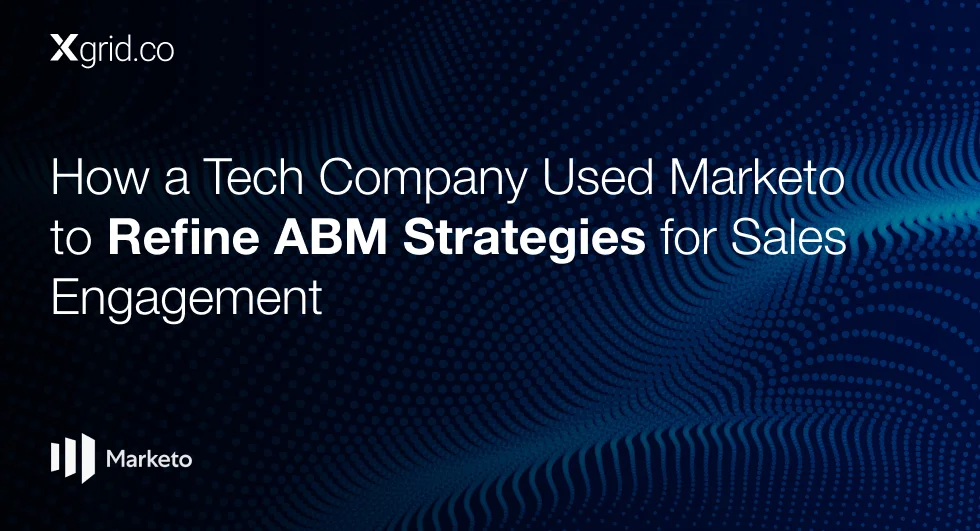Lead Scoring in Marketo: Adapting to Data Complexity
The Traditional Approach to Lead Scoring in Marketo
In its early days, Marketo provided a straightforward method for lead scoring, allowing companies to prioritize leads based on specific engagement criteria.
This process typically involved assigning scores to various actions, such as form submissions or email opens, to gauge a lead’s interest level and readiness for further engagement.
Lauren Aquilino recalls how this approach was once central to Marketo’s role in marketing automation.
However, as businesses have grown and data has become more complex, the traditional method of lead scoring within Marketo has faced new challenges.
Complex Data: Moving Beyond Marketo for Scoring
As companies accumulate vast datasets, managing lead scoring solely within Marketo has become increasingly difficult. Lauren observes, “Some of the high-level data processing is where Marketo is kind of failing right now.”
This limitation has prompted many organizations to shift their lead-scoring processes to data warehouses, where they can handle larger volumes of information more efficiently. There are two options at this point, go for consulting Marketo experts as they have ample experience in delivering what you are looking for.
The second option is moving lead scoring outside of Marketo, companies can incorporate a broader range of data points into their scoring models, including website behavior, product usage data, and CRM interactions.
This approach provides a more comprehensive view of lead quality and allows still use Marketo for personalization and segmentation.
Marketo’s Role in a Hybrid Scoring Model
Even though many companies are moving their lead scoring to external systems, Marketo still plays a vital role in the process. “We brought scoring totally within the data warehouse, which now does it and then updates Marketo instead,” Lauren explains.
This hybrid model allows businesses to perform complex scoring outside of Marketo and then push the resulting scores back into the platform for campaign execution.
By focusing on its strengths, such as campaign automation and nurturing, Marketo remains a key player in the lead management process, even if it is no longer the sole platform for scoring.
Key Insight: While Marketo may struggle with large-scale data processing for lead scoring, it excels as part of a hybrid model where data processing is handled externally and key information is integrated back into Marketo.
Conclusion
Marketo’s limitations in handling complex data have led many companies to move their lead scoring processes to external data warehouses. However, Marketo continues to play an important role in the overall scoring and nurturing strategy. By adopting a hybrid model, businesses can leverage Marketo’s automation strengths while utilizing more powerful data processing tools for scoring, ensuring a comprehensive and effective lead management process.
Downloads
Article (PDF-276 KB)MOST POPULAR INSIGHTS
- How Marketo Strengthened Data Hygiene and Marketing Efficiency for a Global Telecom Company
- How Marketo-Salesforce Integration Improved Lead Management for a Biotechnology Firm
- How a Tech Company Used Marketo to Refine ABM Strategies for Sales Engagement
- How Marketo Campaigns Were Streamlined with Templates and Tokens
- How Marketo Solidified Marketing Insights with Custom Attribution Models
Related Articles
Related Articles

Established in 2012, Xgrid has a history of delivering a wide range of intelligent and secure cloud infrastructure, user interface and user experience solutions. Our strength lies in our team and its ability to deliver end-to-end solutions using cutting edge technologies.
OFFICE ADDRESS
US Address:
Plug and Play Tech Center, 440 N Wolfe Rd, Sunnyvale, CA 94085
Pakistan Address:
Xgrid Solutions (Private) Limited, Bldg 96, GCC-11, Civic Center, Gulberg Greens, Islamabad
Xgrid Solutions (Pvt) Ltd, Daftarkhwan (One), Building #254/1, Sector G, Phase 5, DHA, Lahore




